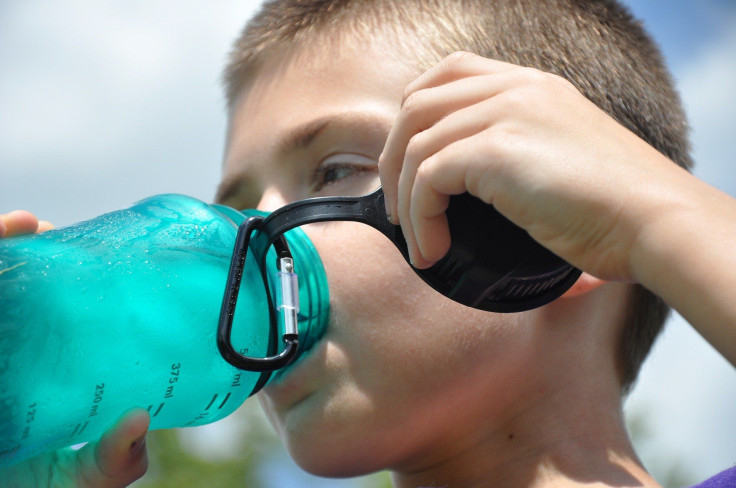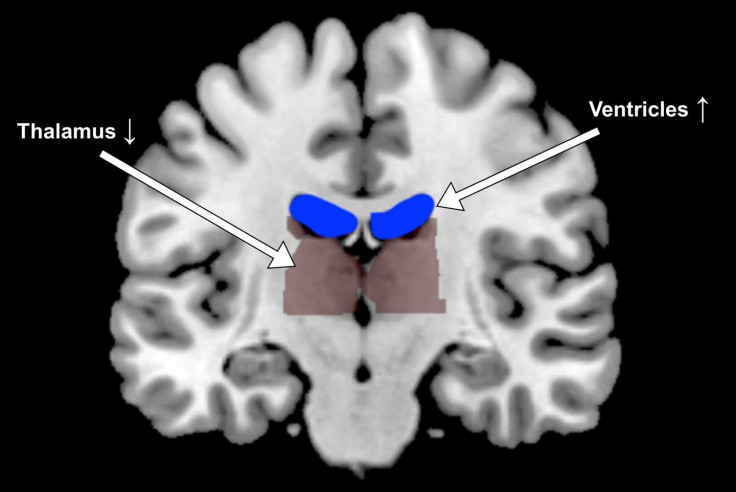Staying Hydrated Is Important For Older Women's Cognitive Function, Says New Study

KEY POINTS
- All aging humans develop some degree of cognitive decline
- The ill-effects of dehydration is more prominent among older individuals
- Study finds link between hydration status and cognitive function, especially among women
Dehydration can lead to several physiological problems and older adults are at an increased risk of experiencing them. It occurs when your body loses more fluid than you consume. Although individuals of all ages can get dehydrated, the risks of dehydration seem to increases with age. Also, cognitive decline happens with advances in age. But the relation between hydration status and cognitive performance has remained unclear.
Researchers from the Pennsylvania State University College Of Health And Human Development, who sought to understand this, have found that hydration status and water intake were moderately associated with attention or processing speed, especially among women.
They used data collected from the 2011-2014 cycles of the Nutrition and Health Examination Survey to test if calculated serum osmolarity and adequate water intake among women aged above 60 years were linked to cognitive skills including verbal fluency, attention or processing speed.
Their findings suggested that women with serum osmolarity levels between 285 and 289 scored higher scores on the digit symbol substitution test of attention/processing speed compared to others. The findings were also noted to be true among women than men. Significant negative associations between inadequate water consumption and cognitive test scores were not noted among men.
"As we age, our water reserves decline due to reductions in muscle mass, our kidneys become less effective at retaining water, and hormonal signals that trigger thirst and motivate water intake too become blunted," Medical News Today quoted the study’s author Hilary Bethancourt. “We felt like it was particularly important to look at cognitive performance in relation to hydration status and water intake among older adults, who may be underhydrated on a regular basis,” she added.
While at their first glance, the researchers found a link between appropriate hydration and good cognitive test scores, the results became less clear when they adjusted the analysis for other factors. They found very little associations between hydration status and cognitive ability when they accounted for age, gender, education, physical activity level, diabetes status, etc.
After such adjustments, they were able to note that women, in particular, appeared to display poorer cognitive performance when they underhydrated or overhydrated.

© Copyright IBTimes 2024. All rights reserved.






















